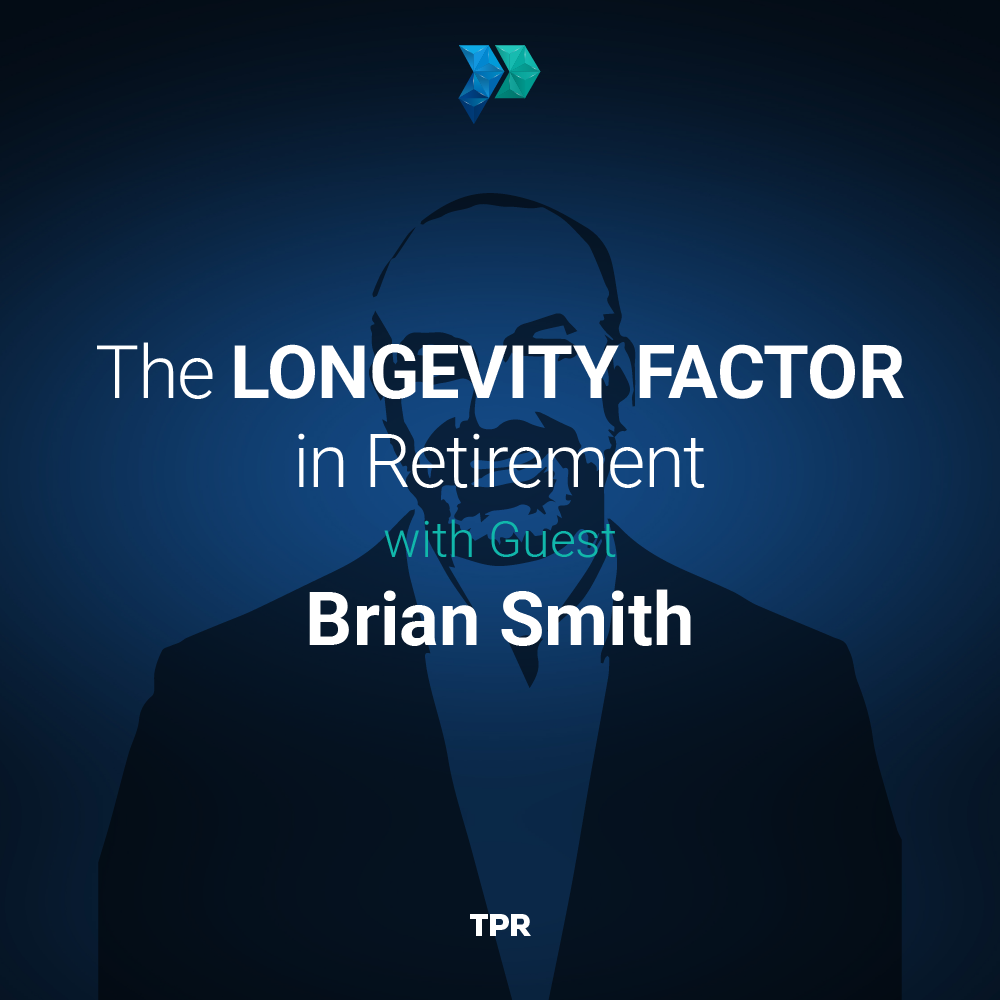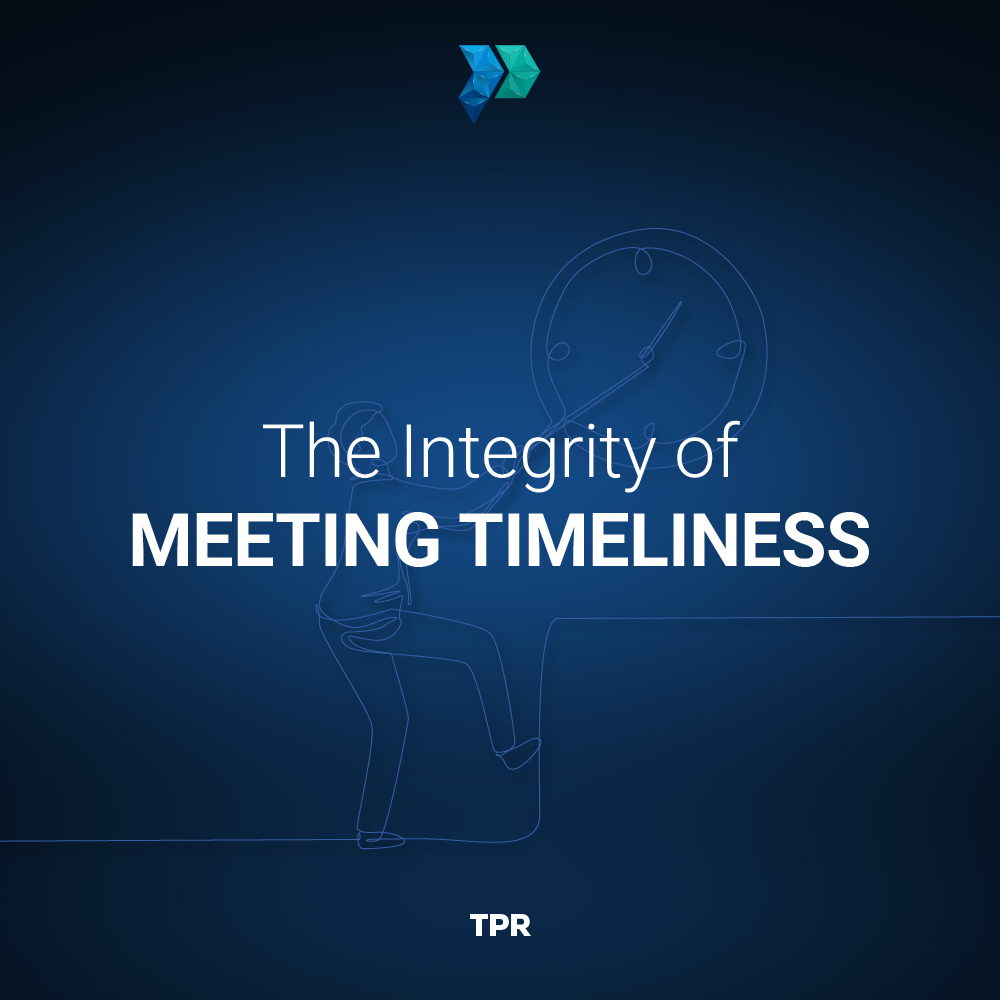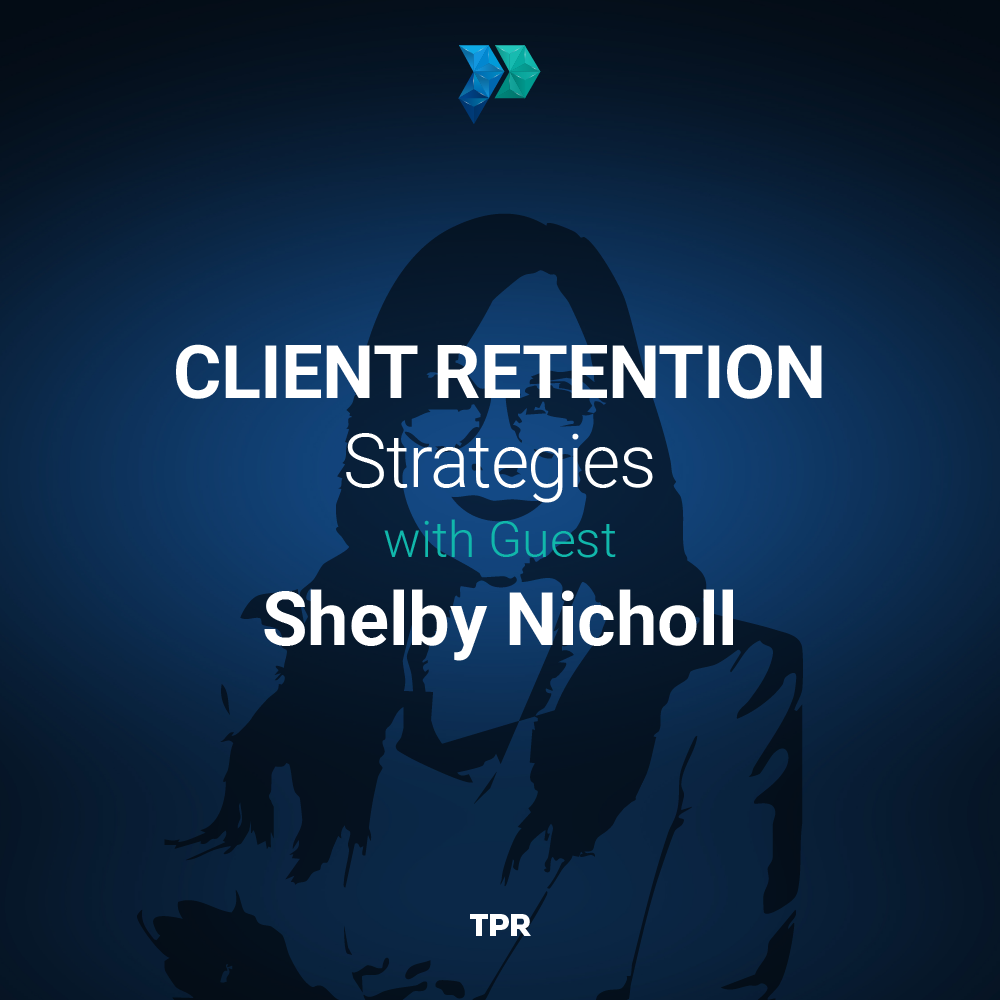What You'll Learn In Today's Episode:
- Advisors should educate themselves on annuities and be open to using them as a tool in financial planning.
- Consider taxes when working with annuities.
- When hiring, be selective and ensure that new hires align with the company’s values and goals.
- Firing the wrong person can be demoralizing, so it’s important to make the right hiring decisions from the start.
In this recap episode, Amber is sharing the highlights from conversations on annuities and hiring (and firing). On Monday, Matt and Brian dove into the world of annuities, challenging advisors to broaden their financial planning toolkit. They stressed the importance of educating yourself on these products and creating client-facing materials that transparently explain the pros and cons of different annuity options. This approach not only enhances your expertise but also builds trust with clients. On Thursday, Jamie, shared valuable lessons from a recent hiring experience. Jamie’s insights underscore the importance of a meticulous hiring process that goes beyond just filling a position. She emphasizes the need to ensure that new team members align with your company’s core values and long-term objectives.
Resources In Today's Episode:
Read the Transcript Below:
Amber Kuhn
Hello TPR Nation. This is Amber Kuhn with your Follow up Friday, where I’ll be recapping this week’s episode highlights and action items. On Monday, Matt was joined by Brian Smith, who’s a wholesaler and co owner of Foundational Income Associates and his expertise in annuities and insurance products, Brian and Matt talked about how, with advisors who don’t use annuities, they can easily create an adversarial relationship when a client or prospect brings up a product and the advisor justice misses it, instead of listening to them and connecting with a resource to provide the pros and the cons of it. Brian said this isn’t a situation where you have to go at it alone. Brian said annuities are a tool. Some are bad, some are good. He said, right now things are more competitive and better than he’s seen in the industry, and so what he recommends is finding out what it is on a particular product that interests a client. He said, People want to know that you’ve done your research, and so Brian is able to provide client facing material, include top recommendations and what to consider. So he said he likes to be the guy behind the guy and that expert behind the advisor who helps them move forward with confidence. Brian said that the advisors who do best in this are the ones who are educated that you don’t need to have a securities license, but there’s a barrier to entry, so the education can help. When advisors can provide more of a comprehensive financial plan, they’re typically more well rounded and also understand that there’s a tool for almost any given need, and that if you aren’t strong in one area, to make sure that you bring in another. Expert, Brian also pointed out that the best of the best know what they aren’t good at, and they know when to bring someone else in where they’re deficient. Brian said you need to look at the assets in your book and whether they’re doing what your clients want them to do, and consider whether there’s something better for them. Even if you have old variable annuities, you can have someone go through them and shop around, even for those who may not need to change. Clients are appreciative knowing that you’re taking care of them. Matt And Brian then shifted to talk about how this relates to taxes. Brian shared that if you move non qualified money from one annuity to another annuity, it’s considered a 1035, exchange and tax free, and for non qualified annuities, if you take a distribution, he said to remember LIFO last in, first out, and that annuity income is taxed as ordinary income. I also pointed out that in order to spread out the liability of a tax gain, that annuitization on a non qualified product is something that’s advantageous. Matt then shared that the biggest claims he’s heard from Eno providers right now are related to wire fraud and advisors and not advising clients on taxation and as far as how to make sure that advisors don’t fall into traps with us, Brian said that when this happens, it’s usually with an older policy that an advisor took over and just didn’t know what they have. So he recommends sending that over to someone like himself, can really dig into it so there can ultimately be enough information to make an educated decision. Let’s get into action items. If you have any annuities or insurance products, or you go through them in detail, and if you don’t have any of those products, you still need to be having those conversations with your clients. Lastly, you can connect with Brian and learn more about him by visiting foundational income.net on Thursday, Jamie shared some lessons recently learned at shilanski and Associates, and specifically with the COO in a hiring situation, they’ve been training their coo during the past year to take over a lot of responsibilities that have previously been a part of what Jamie was doing. Part of this is so that Jamie or Micah don’t become a bottleneck in organization. They want to continue to empower and grow their team so they aren’t the only ones calling the shots. She shared how she’s always made the hiring and firing decisions for the firm, and when it comes to hiring, there’s a group interview process, because she wants the buy in from the team, because having the wrong person brought in can cost you the good employees, but just always been the one doing the hiring and firing. She’s had to hand select every team member. So instead, she wanted to start training her coo to do this, they’ve been looking for a relationship manager, which is a critical role, because they can make or break the client experience, and they’re required to be able to foster and build relationships with this. Jamie spent some time talking about the DISC profile and how with this rule, she wants someone who is a strong s and just below that a strong I. Jamie then went into the recent fail that they had in their office with hiring someone her coo had a lot of candidates coming in and was feeling overwhelmed and requested to have team members start to screen them and ask questions. This ended up being given to the person who was leaving the role on positive terms. And so when she was screening, she was looking through the lens of someone just like her. The word Jamie said, the first mistake was made was the COO not asking if this person had ever been responsible for hiring or firing, which she hadn’t. And the second mistake was not sharing the parameters she was looking for and the appropriate screening questions. Then the person who ended up getting hired when they were coming in for their in person interview had to reschedule for the day the COO wasn’t in the office. The COO then let the person leaving the firm do that in person interview, and then she ended up having a virtual interview over zoom once the COO saw the new hire in person, her first impression was that she wasn’t sure she would have hired her. Unfortunately, the new hire had to miss her third day of work due to a legitimate reason, but Jamie pointed out that because of the situation, it was going to be more than one day out of the office. Ultimately, she called out nine times in six weeks, including during a mini surge, and Jamie said she didn’t think they understood the intensity of what they’re doing in the office. The COO disagreed, but what Jamie said she was really solving for was that she didn’t like interviewing and needed someone in the role. But Jamie said that it’s so important to get the right person in the first time, because firing someone is demoralizing. So what Jamie took from the person constantly taking time off is she showed she didn’t care about her team or the clients. It’s important to protect the team, because everyone is interdependent with this, Jamie recommended that the person be let go, because you can’t keep the wrong people in your organization, and that if you keep the B and C team players, you’re going to end up losing the A team members. Ultimately, the COO fired the person, and naturally, it’s not a pleasant thing to go through. But Jamie shared some lessons learned from this. The first is to be super selective in the decision to hire someone, so that you’re not put in the position of firing them. You need to make sure that the person you hire is the right one for the right position at the right time. Another lesson learned was with the handoff in Jamie’s office, she said she needed to stress the importance of making the right decision, instead of quickly bringing someone in just to fill a role. Jamie listeners about what starts at the beginning lasts until the end. So with the new hire, they should be showing up at their absolute best for those first 90 days. And if they don’t, that needs to be a trust immediately, and you need to set an example. TPR Nation, that wraps up this week’s recap thank you for joining or team member who you think might benefit from listening, and be sure to subscribe to The Perfect RIA Podcast, so you don’t miss an episode. Until next time, happy planning.








